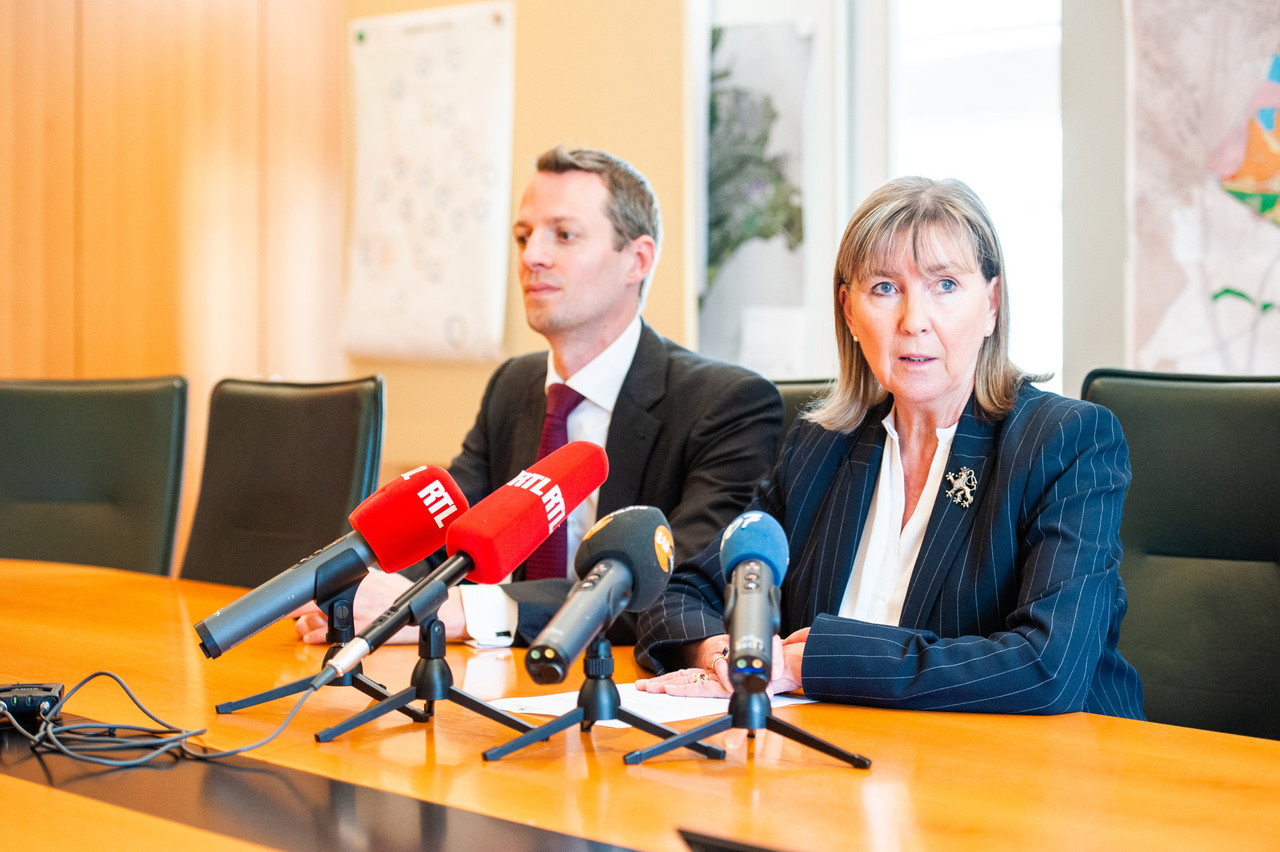“The argument does not convince the college of aldermen,” said (CSV), first alderman of the City of Luxembourg, at a press briefing on Tuesday afternoon, just hours after a conference by the minister of the interior, (LSAP).
On Tuesday morning, the of the begging ban as in the city. The ruling coalition reacted immediately to this decision, with mayor (DP) and Wilmes announcing that they would file an appeal with the administrative court against the minister’s decision.
The ministry of the interior justified its decision on three legal grounds: lack of motivation, non-compliance with national law and non-compliance with international law. This argument is rejected by Polfer and Wilmes. The latter denounced “a flagrant disregard of the provisions of the criminal code, in which begging, even simple begging, is still prohibited. Even if it is no longer applied by the judicial authorities,” he added, “the provision has never been repealed, it still exists.”
A “political” decision
Furthermore, according to him, the European Court of Human Rights (ECHR), while it did censure a general ban on begging in the Lacatus v. Switzerland judgment, “did not stipulate that nothing could be done about begging.” “The canton of Geneva, which had introduced this general ban, adapted its legislation following this ruling, doing what we also wanted to do, namely limiting this ban to certain areas and times,” explained Wilmes. “This is what is done in other countries, in Austria, France and Belgium, as well as in three other municipalities in Luxembourg.”
This is where another source of discontent lies, even if Bofferding tried to make it clear that her decision was not political. “For years, the same provisions have existed in the police regulations of the cities of Diekirch, Ettelbruck and Dudelange,” said Polfer. “Until then, no one was bothered by this. It is only now that people are trying to find constitutional or international arguments. With four weeks to go before the elections, everyone can make up their own mind…”
Three months to decide
Bofferding had taken the precaution of replying in advance on this point, reminding us that the ministry’s approval was only required from 1 January 2023. “This does not hold true: the minister of the interior already had the possibility to suspend a decision taken by a municipality if it seemed to her to be unconstitutional or contrary to a national law,” said Polfer.
The appeal for annulment will first have to be submitted to the local council for approval. Once the appeal has been lodged, the administrative court will have three months to rule.
This story was first published in French on . It has been translated and edited for Delano.
